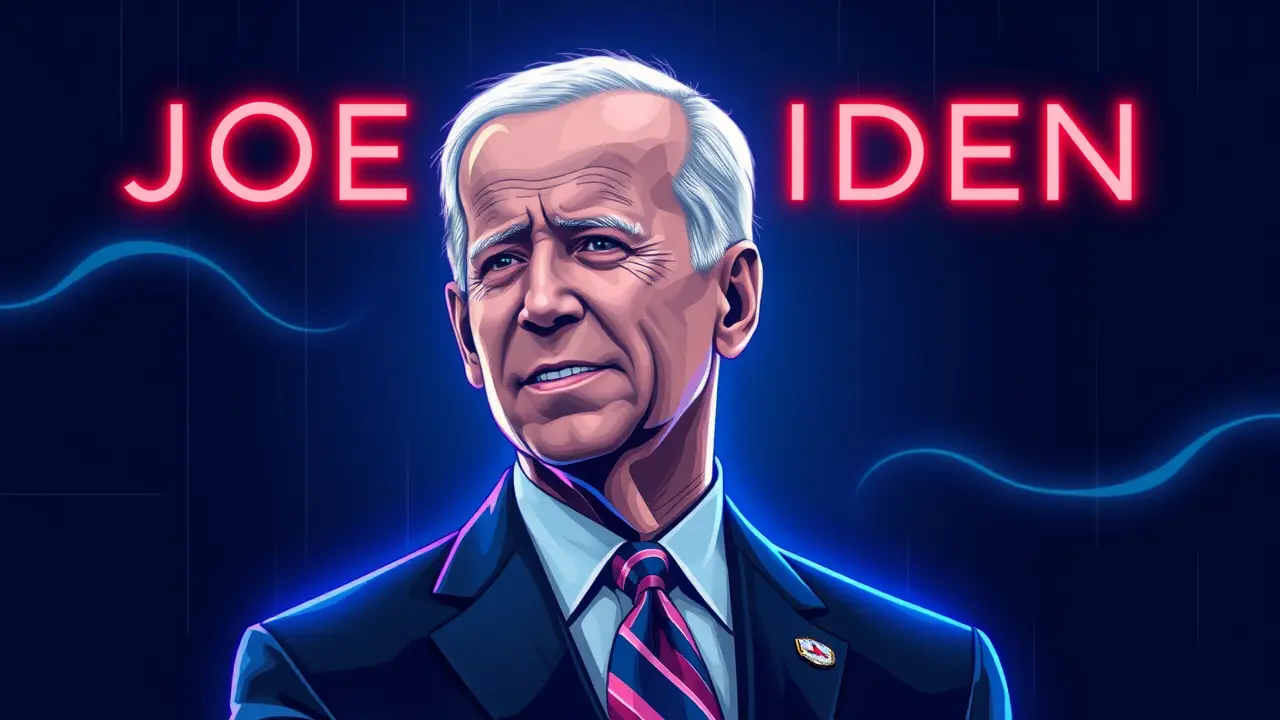Former President Biden Undergoing Prostate Cancer Treatment
The sobering announcement that former President Joe Biden, at 82 years of age, is undergoing treatment for an aggressive form of prostate cancer diagnosed this past May, including a course of hormone therapy, lands with a weight that transcends the typical political news cycle. This is not merely a personal health bulletin; it is a moment that invites a deeper, more historical reflection on the intersection of mortality and power, a theme as old as leadership itself.When we consider the American presidency, we often measure its occupants by their legislative achievements, their handling of crises, or their oratorical prowess, yet there exists a parallel, more intimate history of how these individuals have confronted their own physical frailties. From Franklin D.Roosevelt's paralysis, meticulously concealed from the public, to Ronald Reagan's public battle with colon cancer and his subsequent, poignant letters about his Alzheimer's diagnosis, the health of a commander-in-chief has always been a matter of profound national significance, a delicate dance between personal privacy and public duty. Biden's diagnosis, coming in the post-presidential chapter of his life, shifts that dynamic, yet it still forces a national conversation about aging, resilience, and the very human bodies that inhabit our most powerful institutions.The specific nature of his treatment—hormone therapy for an aggressive cancer—speaks to a modern medical reality where such diagnoses are no longer immediate death sentences but rather complex, managed chronic conditions, a testament to the strides in oncology that have occurred even within Biden's own lifetime. One cannot help but draw a parallel to historical figures like Winston Churchill, whose 'black dog' of depression and series of strokes were woven into the fabric of his leadership during Britain's darkest hour, demonstrating that strength is not the absence of vulnerability but the will to persevere in spite of it.For a nation deeply polarized, the news temporarily suspends partisan rancor, reminding citizens on all sides of the shared human condition. It also raises subtle, yet critical, questions about the advanced age of many current political leaders and the systems—or lack thereof—for ensuring continuity and vigor in governance.The public handling of such an illness by a figure of Biden's stature carries implications for national discourse on healthcare, medical research funding, and the destigmatization of cancer, potentially inspiring countless others facing similar battles to pursue proactive treatment. In the final analysis, while the political strategist might view this through the lens of legacy and the historian through the annals of presidential health, at its core, this is a profoundly human story, a reminder that the relentless march of time and biology is the one campaign no public figure can ultimately win, only face with the courage and dignity we now witness.
It’s quiet here...Start the conversation by leaving the first comment.
© 2025 Outpoll Service LTD. All rights reserved.
